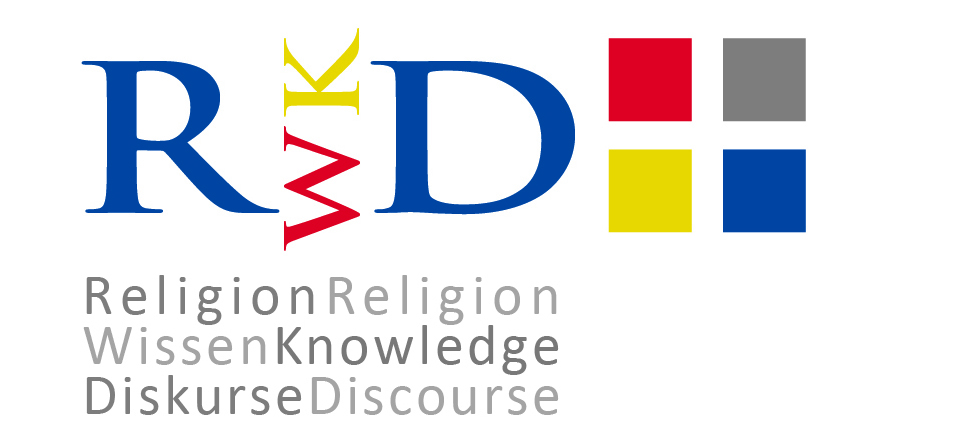Julian Hensold
PhD project:
Praxis – Sinn – Religion. Eine praxeologisch-sinntheoretische Rekonstruktion religiöser Subjektivität
In his dissertation Julian approaches this problem through a critical reconstruction of the notion of religious subjectivity. More precisely, he explores two promising, however, conflicting and each tendentially one-sided approaches towards an exposition of the notion of religious subjectivity: cultural-sociological practice theories on the one hand and theological and religio-philosophical theories of sense/meaning on the other hand. While practice theories conceptualize religious subjectivity as a specific contextual cluster of embodied practices and routines of behavior, theories of sense/meaning try to reconceive religious subjectivity as a semantically distinct form of self-thematization. Seen individually, each alternative displays its own strengths and weaknesses. Mutually critiquing, combing and reconciling both approaches Julian aims to arrive at a sufficient reconstruction of religious subjectivity that adds to a clarification of the interrelation between religion and human existence.
Ultimately, therefore, his project is designed to contribute to the establishment of a common religio-theoretical paradigm increasing the effectiveness of transdisciplinary research on religion beyond the “borders” of (practical) theology, religious studies, cultural studies and philosophy.
Profile:
Julian Hensold is a Ph.D. candidate in the intersection between Practical and Systematic Theology, Philosophy and Sociology of Religion. He studied Protestant Theology, Philosophy and Religious Studies at Humboldt-Universität zu Berlin, Ruprecht-Karls-Universität Heidelberg and Yale University New Haven. In 2013 Julian completed his studies with the 1.Theol. Examen at ELKB.
His research interests include theories about religion, classical and contemporary concepts of subjectivity and subjectivation, theories of (cultural) practice and performativity, German post-Kantian philosophy (mainly: Hegel and Schleiermacher), liberal theological thought and practical-theological questions concerning an actualization of religious practice in 21th century Germany.
In particular, Julian’s research focuses on a detailed conceptualization of the interrelation between religion as a (socio-)cultural formation and individual human existence. So far no commonly accepted explication of this fundamental interrelatedness has been established, as well as there is no consensus about a paradigm that satisfactorily could help fulfilling this task in the future. This problem forms an eminent obstacle in the emerging field of and transdisciplinary research on religion––simply a lack of shared theoretical vocabulary.
CV
